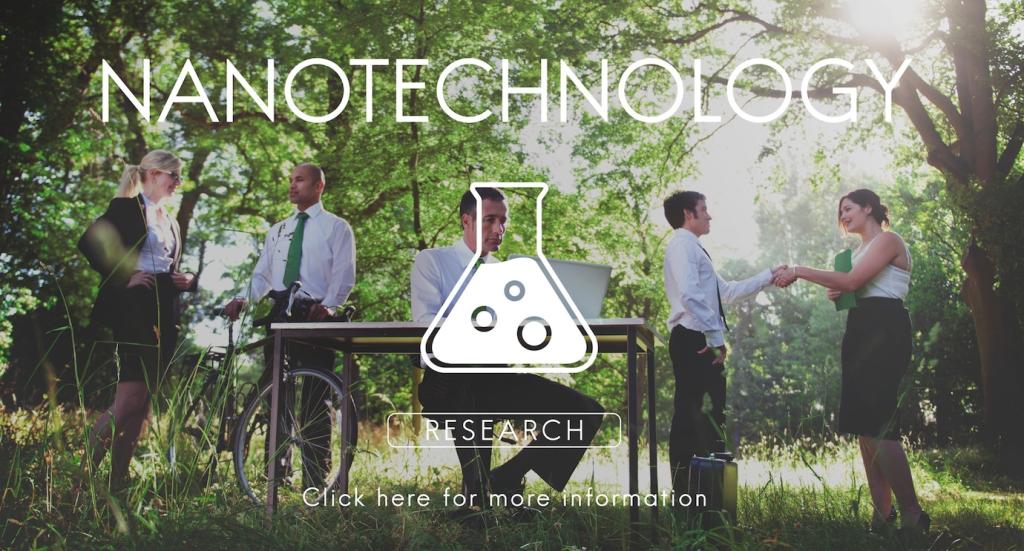
AI-Driven Strategies for Eco-Friendly Business Expansion
Embracing sustainable growth is more crucial than ever, and artificial intelligence has emerged as a powerful ally in this mission. By weaving together cutting-edge AI capabilities with eco-friendly business practices, organizations can drive expansion while minimizing their environmental footprint. This guide explores how AI-powered strategies support green innovation and operational excellence, positioning businesses for success in a future where sustainability is paramount.
AI's Role in Sustainable Innovation
Accelerating Green Product Development
AI-powered simulation and modeling enable businesses to rapidly design and test eco-friendly products with lower resource waste. These tools help companies understand the environmental impact of materials, production methods, and packaging options before launching new products. As a result, businesses can bring sustainable innovations to market faster, reducing both time-to-launch and ecological footprint.
Enhancing Eco-Conscious Decision-Making
Advanced AI analytics interpret vast data sets related to energy consumption, carbon emissions, and raw material sourcing. By transforming raw numbers into actionable insights, AI supports business leaders in making informed, environmentally responsible decisions. This data-driven clarity ensures that sustainability objectives align with business growth, turning green intentions into tangible outcomes.
Streamlining Circular Economy Adoption
AI algorithms facilitate circular economy strategies by optimizing product lifecycle management, from design and manufacturing to re-use and recycling. Companies can predict when products will need maintenance or refurbishing and efficiently manage waste streams. Such intelligence allows businesses to keep materials in use longer, close the resource loop, and expand operations with sustainability at their core.
With AI, businesses can deploy advanced monitoring systems that track energy usage in real time across multiple facilities. These systems identify inefficiencies and automatically adjust operations for optimal performance, such as regulating lighting, HVAC, or equipment cycles. Such intelligence helps reduce unnecessary consumption, driving both cost savings and emissions reductions as businesses scale.
Optimizing Resource Management through AI
Previous
Next
Green Supply Chains with Artificial Intelligence
AI-based systems evaluate supplier practices on factors such as energy consumption, emissions, and labor conditions. By identifying and prioritizing eco-friendly partners, companies can reduce their overall environmental footprint from the outset. This ensures that business expansion initiatives are supported by a responsible and sustainable supply chain foundation.
AI for Environmental Impact Assessment
Automated Environmental Monitoring
AI-enabled sensors continuously monitor air quality, water pollution, and land use changes around business operations and sites. Through real-time data processing and anomaly detection, organizations receive early warnings of environmental risks, enabling swift intervention. Integrating these systems into expansion plans ensures that new growth areas remain in environmental compliance and mitigate ecological harm.
Advanced Life Cycle Assessments
AI accelerates the traditionally lengthy process of life cycle assessment (LCA) by automating data collection and impact calculations across product lifespans. By revealing hotspots in emissions, toxicity, or resource consumption, businesses can adjust design and sourcing decisions proactively. These rapid LCAs empower companies to launch new products or facilities with a clear understanding of their sustainability profile.
Scenario Modeling for Expansion Projects
AI-driven modeling tools simulate various expansion options, forecasting their potential environmental impacts under changing conditions. This allows decision-makers to weigh scenarios—for example, new factory locations or supply chain extensions—based on comprehensive sustainability data. Such scenario planning ensures that growth decisions are allied with both economic and environmental objectives.


Tailored Eco-Friendly Product Recommendations
Machine learning engines analyze customer preferences and purchase histories to suggest products with lower environmental impacts—think recycled materials, local sourcing, or energy efficiency. By gently steering customers towards greener options, businesses both satisfy demand for sustainability and enhance the perceived value of their expanding product range.

Adaptive Green Marketing Strategies
AI-driven analytics identify which sustainability messages resonate most with different customer segments, enabling firms to customize campaigns for maximum impact. Marketing tactics evolve in real-time, responding to changing consumer attitudes and emerging eco-trends. This agile communication increases conversion rates while strengthening the company’s sustainable reputation.
Driving Regulatory Compliance and Risk Mitigation with AI
Automated Compliance Monitoring
AI systems continuously scan internal operations and external regulatory updates, flagging any non-conformities or upcoming changes in environmental laws. This automation reduces human oversight burdens and guarantees that every area of the business remains aligned with local and international sustainability requirements as it grows.
Risk Analysis for Expansion Initiatives
Through advanced data modeling, AI evaluates potential risks related to environmental liabilities and regulatory exposure when entering new markets or launching new products. The technology can simulate worst-case scenarios and suggest mitigations before investments are made. This thorough analysis protects the company’s reputation and financial stability as expansion proceeds.
Documenting and Reporting Sustainability Achievements
AI-enabled platforms automatically gather and aggregate relevant operational data for sustainability reporting, streamlining the creation of CSR reports and regulatory submissions. This capability facilitates transparent communication with regulators, investors, and consumers, and underlines the business’s commitment to compliance and ethical growth.
Cultivating a Culture of Sustainability with AI Insights
AI platforms assess internal data from surveys, communications, and workflows to measure employee engagement with sustainability initiatives. By pinpointing departments or teams requiring additional support, businesses can tailor interventions for maximum impact. This personalized approach ensures everyone aligns with the organization’s green vision as it scales.

